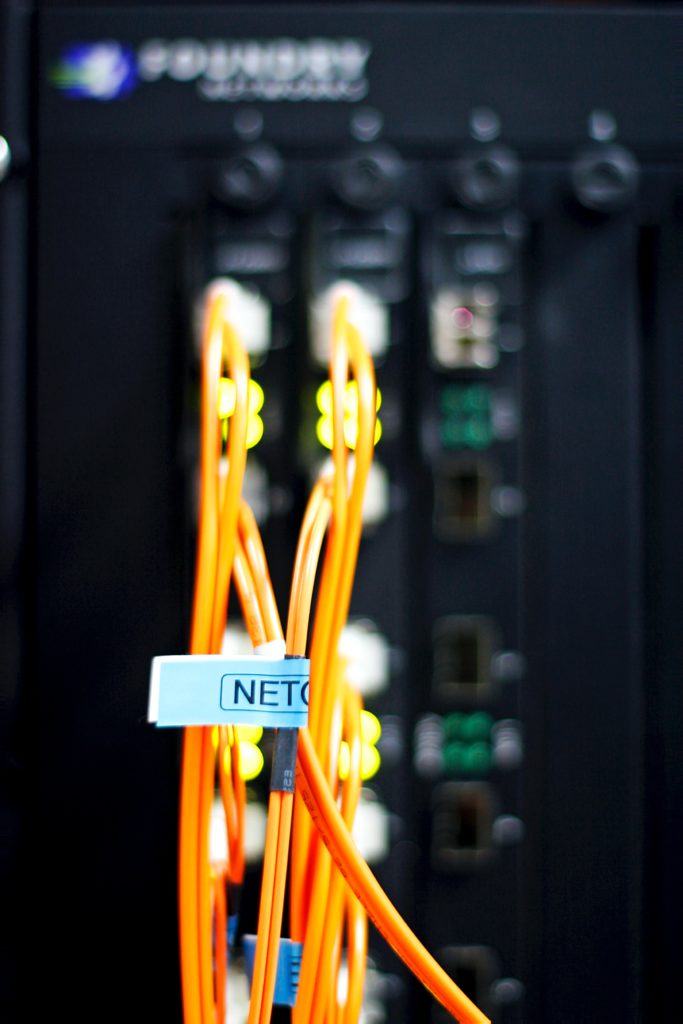
Business network infrastructure is one of those terms that will make your ears buzz – what does it even mean? The truth is that network equipment for a law firm is what you use to connect computer to computer, to the printer, and to the outside world.
Setting up a business network infrastructure for your law firm will require some basic equipment while prioritizing security (we’re looking at you, routers!). The specifics of what you’ll need will depend on the size of your firm and other considerations, including the building itself. Before you sign a new lease, be sure to check the internet connection in the office to know what type of baseline connectivity you’ll be working with. Older buildings in particular sometimes run into WiFi connectivity issues.
At a minimum, your network will need cabling, a modem, and a router to provide internet to your team. Below we’ll discuss what each of these items is and why you need it.
Cabling For a Law Firm
Ethernet cables act like a highway connecting all your network devices, including your Macs, printers, servers, routers, modems, and other tech devices. Some people use different colored cables to distinguish network devices, which can be helpful for troubleshooting issues. You will want Category 5 or 6 (Cat5/6) cabling to do the job well. There are several differences between Cat5 and Cat6 cables, but one of the main differences is bandwidth. Talk to your IT partner to better understand what type of cabling and equipment will suit your needs.
Modems for a Law Firm
The modem is what connects all the devices within your network to your internet service provider (ISP). It will have ethernet ports for you to connect the modem to a router, switch or directly to a computer.
Router or Switch for a Law Firm
A router or switch is what you use to connect your modem to the many devices within your network. While switches connect various devices, routers enable you to connect various networks. Additionally, many routers come with built-in security features and firewalls. That said, buying a router is not a static purchase, and ongoing security updates are essential.
Routers from places like Best Buy or those offered by your internet provider just aren’t secure, even if they are “business grade.” Nothing about them is kept up-to-date.
While your internal switch could probably be 20 years old without much risk or performance difference, routers cannot be.
Maximum bandwidth, packet inspection (processing requirements), patches for exploits of firmware, zero-day threat detection, updates for virus signatures (including known malicious sites) and VPN traffic all run through a router. They must be kept up to date. Setting up your business network that allows your team to focus on work and not technical issues will require careful planning to ensure you have the speed, security and support needed for your law firm. At Honeycrisp, we offer IT support you need for the Apple products you love. Get in touch with us today to ask any and all of your tech questions.


